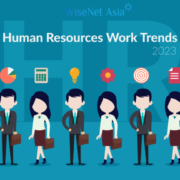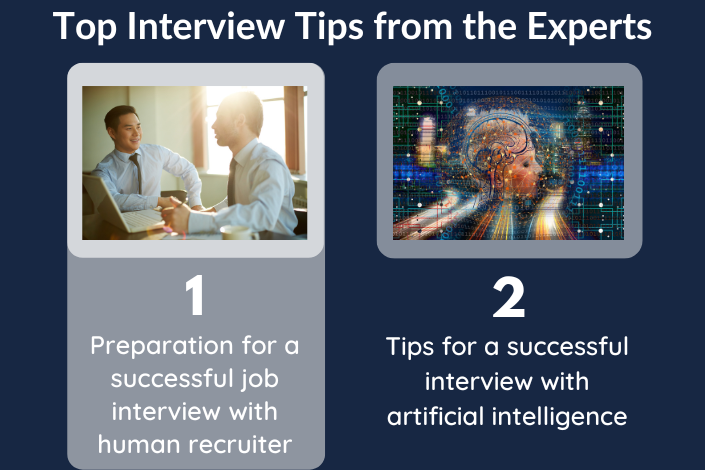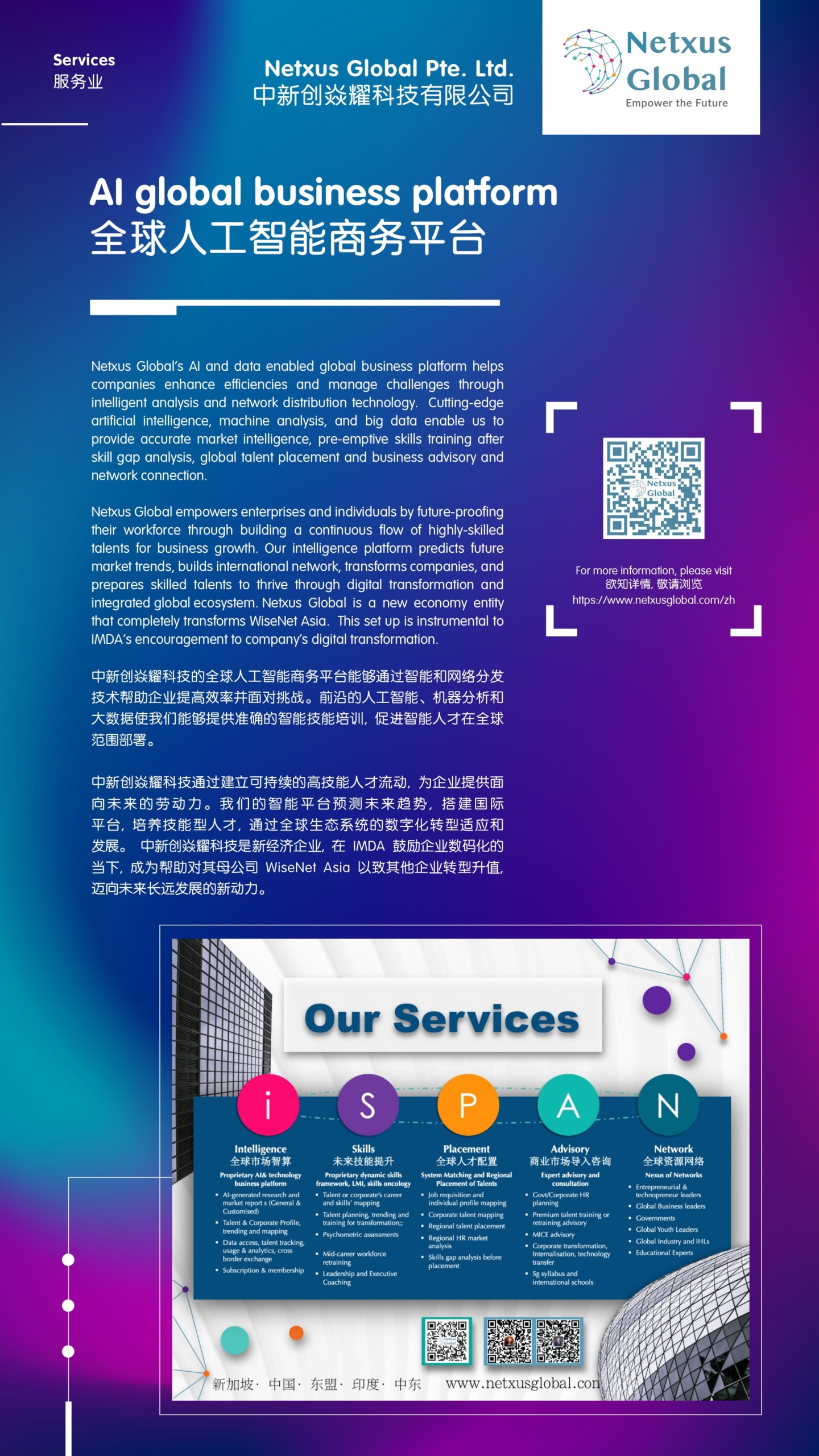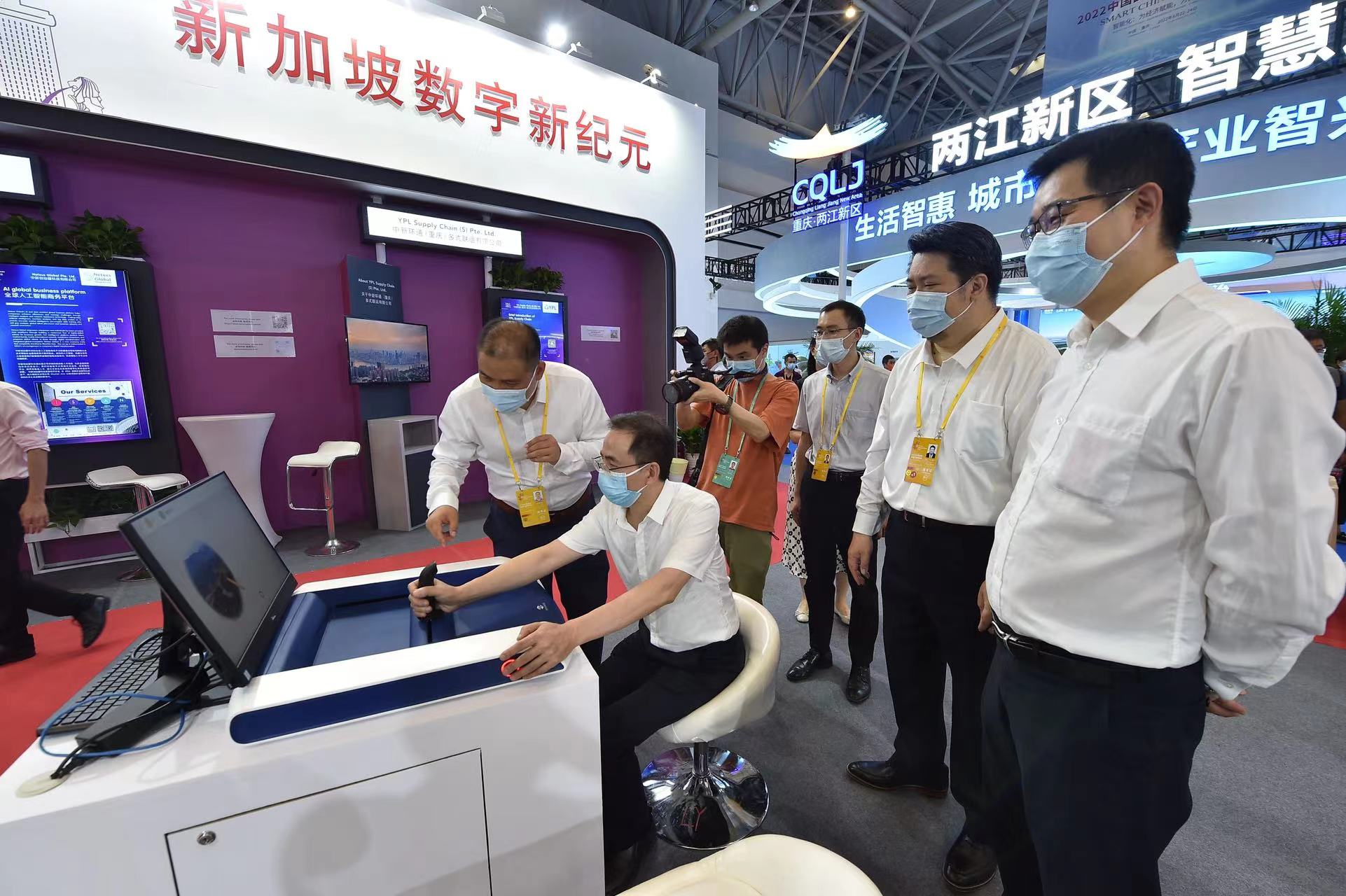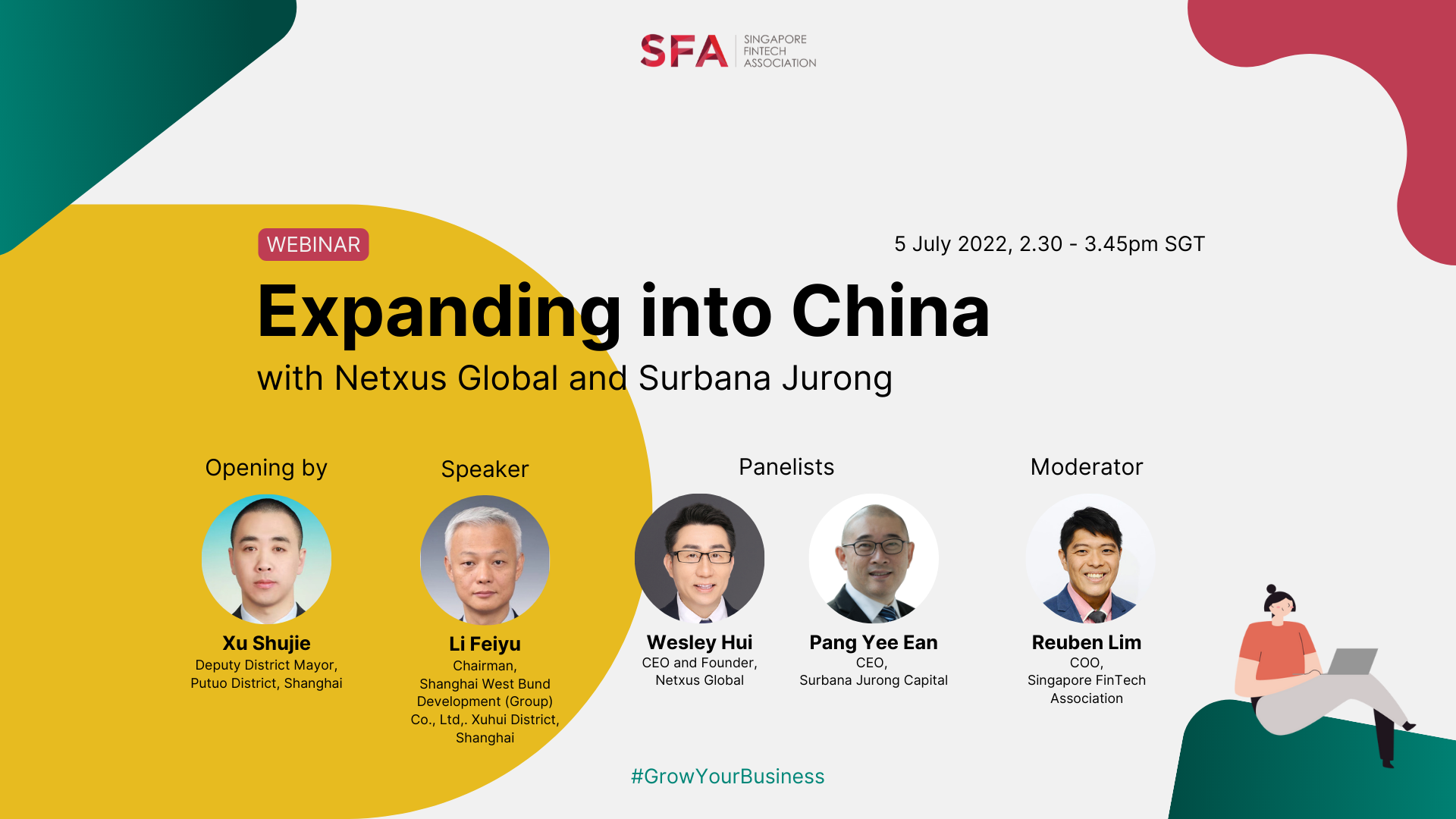WiseNetAsia Knowledge Center
Copyright © 2022 WiseNet Asia Pte Ltd. All Rights Reserved
Human resources strategies have to align with work trends. Hybrid work, global staffing, remote work, and online onboarding are some of the new trends that have become the norm for HR departments and division heads worldwide. Having more in-depth knowledge of work trends enable employers to make better talents planning. With a new year just around the corner, we have put together work trends that would essentially mold the future of work.
Human Resources Work Trends for 2023 and Beyond
The labor market today is more competitive than ever. Work setups are continuously evolving. Making decisions for an evolving and uncertain future workforce can be quite difficult. Fortunately, there are trends that we can use as a guide to help us gain insights into how we can create strategies to attract and retain the best talents. Here are some of these HR trends:
Hybrid and Remote Work setups are here to stay
We can look forward to more flexibility in terms of work setups. Employees actually prefer to work from home rather than work onsite. In fact, statistics show that a remote working option is seven times more likely to attract applicants than any other working option. This is not really surprising considering that there are so many benefits to working remotely.
For starters, employees can save time, energy, and money if they work from home. They no longer have to wake up very early to prepare for work and commute to the office. They do not have to buy new clothes and shoes every now and then. They can eat a freshly cooked meal as opposed to a fast-food takeout or a microwavable lunch.
Plus, they no longer have to endure traffic during rush hour. Aside from being able to save time, money, and energy, they also get to spend more time with their family members. This is great for working mothers with younger children. To accommodate the need of work flexibility, HR departments can design work setups on working with employees that are not physically present most or all the time. There should be clear processes on how to screen, interview, and onboard new employees remotely, supported by cloud-based systems and online portals.
Using Predictive Analytics
There is no doubt that modern technologies are shifting the dynamics of workplaces. Predictive analytics with its combination of artificial intelligence, analytics software, and big data have redefined the talents landscape for employers.
Using predictive analytics can help employers make better hiring decisions. It helps to determine which candidates have higher chances of success in the job and which ones to reject based on their resumes, cover letters, assessments, pre-screens, and even social media. It will also analyze past and present data to effectively forecast future outcomes.
During the hiring process, HR managers can simply run resumes through the software to find out which candidates are qualified. Their profiles will be scanned to see which ones closely match the job descriptions.
If you are running a hiring software, here are some of the major keywords to find out which candidates are suitable:
- Human resources experience
- Recruiting
- Staffing
- Retention
- Social media
- Onboarding management
- Communication skills
- Inclusion and diversity
- Benefits and compensation
- MS Office
- Innovation
- Collaboration
- Employee relations
- Human Resource Information System (HRIS)
- Leadership development
- Job analysis
- Manpower planning
- Performance management
- Talent development
Predictive analytics basically digs deep through data to extract, dissect, and categorize information. Then, it identifies patterns, correlations, and irregularities. In an organization, the collected data regarding prospective hires and existing employees can be turned into actionable insights.
Using Employee Management Applications
Employee management applications enhance productivity and engagement, whilst providing transparent and real-time data. Implementing them can yield many positive results. Some of these benefits include:
- Making onboarding easier and more efficient.
- Enhancing the training experience of employees and bridge communication gaps.
- Providing more accurate time tracking for processing payrolls.
HR teams can use these applications to analyze employees’ trends, and also to obtain and store employee’s historical data. Employers can also use these applications to connect with remote employees faster and more conveniently.
Providing Unique Perks
A survey of about 18,000 employees across Asia Pacific was conducted by PricewaterhouseCoopers or PwC Global, a company that offers professional business services. According to results, only 57% of employees in Asia Pacific experience satisfaction with their job. One in five plan to switch to a new employer. One-third intend to ask for a raise in the next twelve months while another one-third intend to seek promotion.
Millions of workers have already changed or quit their jobs. Employees continue to resign in search of more meaningful and fulfilling work. Because of this, small companies have a hard time competing with larger companies in terms of benefits and wages.
Small and medium enterprises can provide unique perks too, based on their own creativity and budget. For instance, an area allocated for snacking, chilling, and having coffee, vacation bonuses, additional paid time off, or education reimbursement etc.
To find out what employees want, HR department can give out surveys, ask employees for their ideas and preferences, and provide the feedback to decision makers so that they can take the necessary actions. Keeping employees happy is guaranteed to make them want to stay for good.
When employees are happy and satisfied, they will be more productive at work. On the other hand, employees with mismatching skill sets can result in productivity and efficiency loss.
With the recent developments in technology and work setups, HR managers and staff need to reassess how they do things. They also need to learn how to deal with situations that they have never encountered before.
Prioritizing Employee Wellness
Despite continuous efforts on bringing life back to normalcy in most countries, the prolonged COVID-19 pandemic and its aftermath effects have taken a serious toll on everyone’s mental health. So, employee wellness has become more important than ever. HR professionals should find ways to detect mental distress amongst employees. They have to make sure that they are armed with the right resources to deal with such issues.
During and after the pandemic, people are more conscious about the overall wellbeing of their own mental health, their family relationships and personal finances. HR departments can create employee assistance programs as well as wellness programs to help employees deal with their physical and mental health issues. Additionally, they could provide more self-help courses on personal improvements.
Advise for HR Professionals
HR management has long been a vital part of organizations. In fact, they greatly contribute to the successes and failures of the companies they work for.
For HR professionals, you need to realize that work trends are ever-evolving, and that you need to cope with them to stay on top of your game.
Always keep your ear to the ground for new trends. Do not be afraid to think outside the box. Go beyond your own market, country, and industry to learn what other people in other fields are doing.
Read, watch, and listen to news reports. Browse social media and online communities. Find out as much as you can about these emerging HR trends. Then, research how you can improve or adapt your strategies.
Rethink the way you train employees and ask for their feedback, as well as how you convey your messages. Remember that remote and hybrid working models are becoming the norm today. Nevertheless, you should also think long-term. Consider how present trends can affect the HR industry five, ten, or twenty years down the road.
—End—





